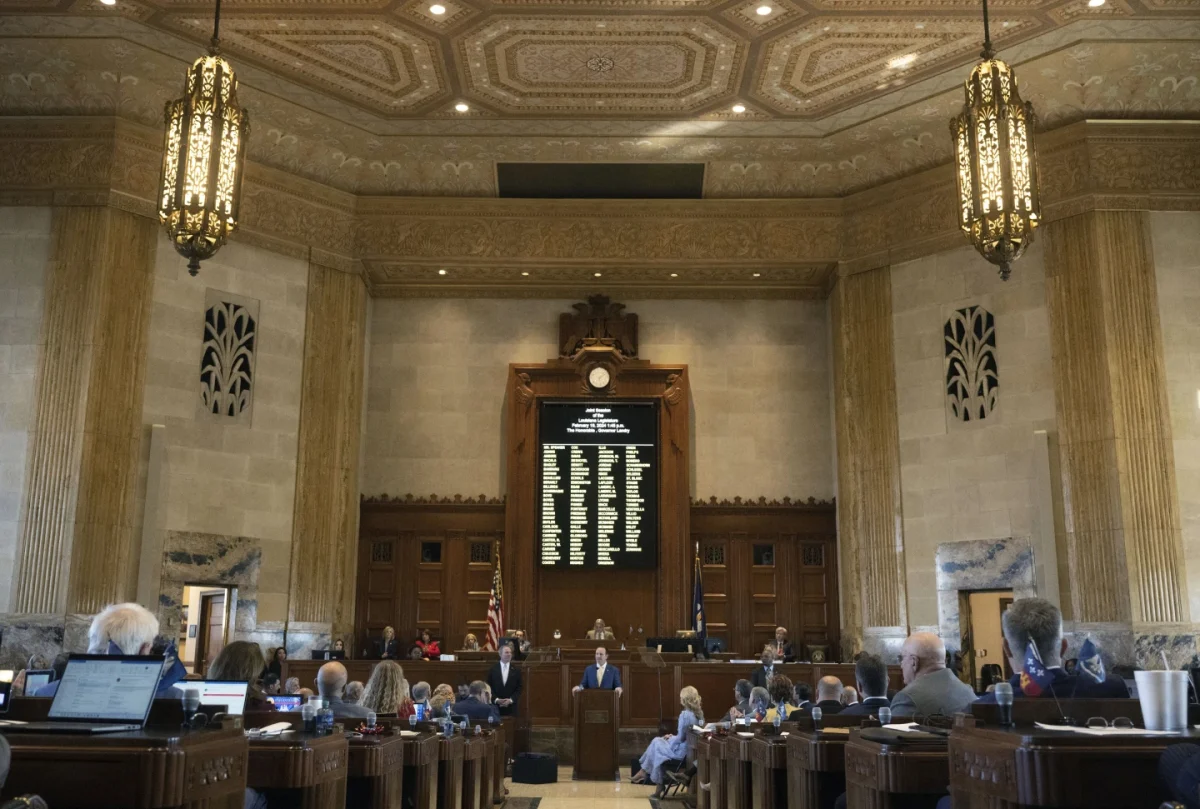Dear Editor,
I want to address an important issue with The Higher Education Act of 1965. It has to do with who qualifies for financial aid.
According to Section 480, an independent student is defined by one or more of the following circumstances: 24 years of age or older, an orphan or ward of the court until the age of 18, a veteran of the U.S. Armed Forces or currently serving on active duty (for other than training), a graduate or professional student, married or has legal dependents other than a spouse.
In my opinion, this definition should include a student who does not receive any financial support from their parents or guardians.
If a student lives away from their parent(s), pays their bills with their own money, and does not rely on their parents for financial help, why does the government presume their parents have the duty and capacity to provide significant support? Many parents can barely afford to support themselves and their dependent children, much less their adult college student(s).
What is baffling and unfair is the disparate treatment of various classes of students. Why should I only be considered “independent” the moment I get married, have a dependent (usually a child), or enlist? There seems to be a perverse incentive to get married, pregnant or join the military at a time when students should be focused on studying and completing their degree.
It seems to me that once a student reaches the age of majority and is considered an adult, then eligibility for financial aid should be based on that alone. I have all the rights and responsibilities of an adult (except the right to possess or consume alcohol if I’m under 21), but for financial aid purposes, I am still a child reliant on my parents until age 24. This arbitrary age seems designed solely to limit government expenditure for financial aid, since most students will have completed college by then! That decision seems penny-wise and pound-foolish to me.
Whatever additional cost the government might incur in expanding financial aid eligibility, would surely be outweighed by the prospect of more well-educated students with college degrees who are more self-supporting, less likely to ever need public assistance, less likely to land in prison and more likely to be successful, tax-paying citizens leading the country into the future.
Public Agenda released a report called, “With Their Whole Lives Ahead of Them” stating that most dropouts leave college because they have trouble going to school while working to support themselves. The study also shows that 6 in 10 college dropouts received no financial support from their parents. How has the government failed to recognize this correlation?
Bottom line, an operation to help disadvantaged students attend college, conducted a study in 2012 confirming financial hardship had a significant, negative impact on college graduation rates. Therefore, more financial aid eligibility would expand access to college for children of financially strapped parents and raise the graduation rates.
Sincerely,
Catie Brinson, interdisciplinary studies sophomore
Letter to the editor: More financial aid eligibility will raise graduation rates
September 15, 2014
More to Discover







